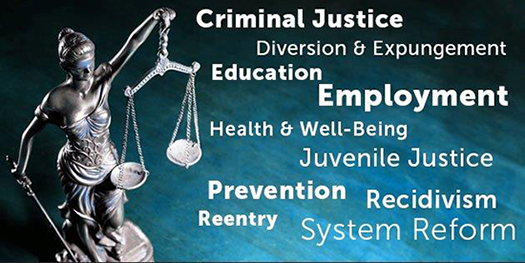Mathematica Policy Research, a leader in assessing policy and program effectiveness for almost 50 years, introduced a new focus area to aggregate the firm’s justice-related work. Visitors to our site now have a single, easy way to find evidence-based strategies and policy insights related to this timely topic.
The site includes research on programs and services that seek to prevent violence, improve education and employment outcomes, strengthen family relationships, and provide health and financial supports for individuals involved with the justice system. These evaluations cover a wide range of populations, including youth offenders, adults in jails and prisons, and former offenders.
“Sound research helps practitioners and policymakers identify what works in reducing violence and crime among at-risk groups, and can help to improve outcomes for those who are involved with the juvenile or criminal justice system. We study violence prevention programs, bail programs, and juvenile justice reform efforts in cities and counties across the country to help identify the most effective techniques and strategies,” said Kevin Conway, director of justice research and analytics.
Selected Examples of Our Justice Work
We are evaluating the following innovative programs in the justice area:
- Oakland Unite, a publicly funded, community-based violence prevention initiative that offers life coaching, employment and education support, and crisis response services to community members at high risk of violence.
- Linking to Employment Activities Pre-Release program, which seeks to improve employment outcomes by providing individuals in correctional facilities with jail-based employment supports and job training and links to public workforce systems.
- Evaluation of Grants for Youth Offenders, which helps youth with juvenile records deal with challenges completing education and job training programs and finding employment.
- Parents and Children Together, which is looking at ways to support fathers, including many participants who are former offenders, to help build healthy relationships with their children and partners.
- Programs that aim to increase employment for noncustodial parents—including many former offenders—with substantial child support arrears.


